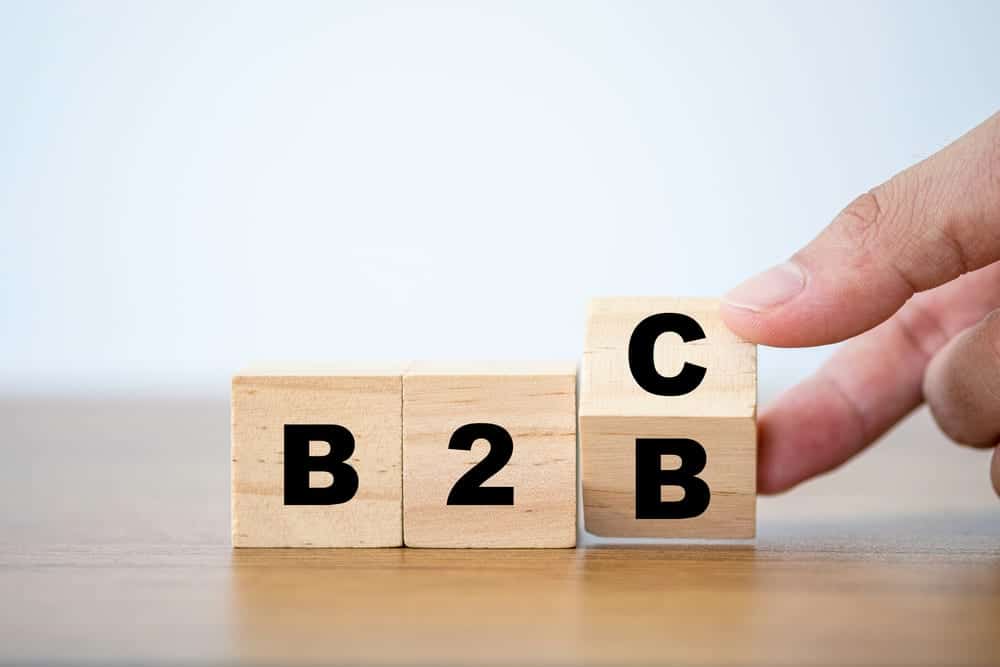
Types of Ecommerce Business Models
Nowadays there are more and more ecommerce websites as more businesses are taking the opportunity to grow their business online and drive more sales. With the increase in the number of ecommerce businesses there are becoming multiple different types of ecommerce websites to choose from.
Traditional Types of Ecommerce Business Models
- B2C – Business to Consumer – Businesses sell their products/services to individuals.
- B2B – Business to Business – Businesses sell their products/services to other businesses.
- C2B – Consumer to Business – Individuals sell goods/services to businesses.
- C2C – Consumer to consumer – Also called an online marketplace – connects consumers to exchange goods/services, typically making their money by charging transaction or listing fees.
Innovative Types of Ecommerce Business Models
D2C – Direct to consumer
D2C ecommerce is where a manufacturer/producer sells its products directly to consumers, by cutting out the middleman. For example, a farmer sells his crops directly to a customer, rather than to a supermarket which sells them to the customer.
White label and private label
White label and private label is a unique product produced by one company but packaged and sold under another company’s own brand name.
Private label products are custom products that the retailer has customised. As these products are unique to a particular retailer, this means that other retailers will not be able to sell similar items. The downside of having a private label product is that you will need to make sure you pay for private trademarks, as well as getting all the necessary info from product research, product development, and marketing. However your return on investment (ROI) will be high as you are selling an exclusive product.
White label products are items that have already been produced before you make a deal with the manufacturer, meaning the only thing you can customise is the packaging. As white label products aren’t unique and exclusive, producers can offer the same product to different sellers. With this product not being exclusive your main costs will be focused on marketing as there will be a lot of competition out there for the same thing.
Wholesaling
Wholesale eCommerce is where retailers offer products in bulk at a discounted price. This type of business model does mainly fall under a type of B2B practice.
Dropshipping
Dropshipping is a retail fulfillment method where a store doesn’t keep the products it sells in stock. Instead, they purchase the item from a third party and have it shipped directly to the customer.
Subscription service
Subscription eCommerce is a company selling its products/services on a recurring basis. Most commonly this recurs on a monthly or yearly basis.
Conclusion
Some of these innovative types of eCommerce business models can still fall under parts of a traditional types of eCommerce business model but with the growth in eCommerce websites more and more types will continue to develop. Hopefully this has helped you understand a bit more of the types of eCommerce business models that exist today.




